Revd Dr A.M. Guite, (rhymes with kite) lives out many roles – poet, priest, rock n’ roller, scholar. He is also husband, father, friend to many, and follower of Christ. He is the Chaplain of Girton College in Cambridge. Prolific writer and author of several books including the superlative Faith, Hope and Poetry, the chapter on Lewis as Poet in the Cambridge Companion to C.S. Lewis, numerous articles, countless poems and sonnets, he is also a generous blogger and podcaster. Malcolm plays in the Cambridge rock band Mystery Train and has two CDs out – The Green Man and Dancing through the Fire. Had he lived as a contemporary of C.S. Lewis and J.R.R. Tolkien, I am quite certain he would have been a member of the Inklings. Indeed, in many ways Malcolm represents a living example of what members of the Inklings were during their time, but I personally fancy that he perhaps kinder and more accessible to the everyday man and woman.
I am humbled by Malcolm’s intellectual capacity but more humbled by the way he makes little of it with others, treating all people with remarkable dignity. He uses his gifts and his skills truly to cultivate what is Good, True and Beautiful, every day without fanfare or self focus. His poetry expresses in every way what I so often apprehend but am unable to articulate. Yet he is the first to be happy settling in with a pipe and a good ale. He reminds me not only of C.S. Lewis and J.R.R. Tolkien in that regard, but he also reminds me that life is good and meant to be enjoyed in all its simple, real pleasures.
LES: I read in an interview by Karen Wells that you lived part of your early childhood years in Nigeria and believe that your parents were missionaries. Is that correct?
MG: Yes, I was born in Ibadan in Nigeria in 1957 and indeed, my first name is Ayodeji, a traditional Yoruba name which means ‘the second joy’, a name suggested by the Yoruba nurse who helped me and my mother through a difficult birth and probably saved both of our lives. My parents weren’t actually missionaries, though my father was deeply engaged with the Methodist church in Nigeria and, in his role as a Methodist lay preacher, used to take us with him on journeys into remote rural areas to preach and speak at local churches. He was in fact a lecturer in Classics at the University of Ibadan and fully involved in the life and worship of the ecumenical chapel there.
LES: What influence would you say that living in Nigeria as a child had on your perception of the world and first encounters with mystery?
MG: That’s a very good question! I think the influence was profound, perhaps more than I can know, since not all the memories are at the surface of my mind. But some things I can remember vividly; delighting (and indeed dancing!) in the huge rainstorms and tropical downpours, gathering fruit from the garden for breakfast, being taken by my Yoruba Nanny to market stalls and local feasts where I heard Yoruba spoken and sung with drumming and dancing, but also coming home to very ‘English’ ex-pat pleasures; my father playing English hymns and songs on the piano and my mother telling me the stories of King Arthur and reciting English and Scots poetry, being taught, on the one hand by our Nigerian gardener to climb trees and use a little bow and arrow, and on the other by my father to play cricket and soccer! I think I learned something from that about delighting in variety, about translations and connections, about being ‘at home’, and the same person, in more than one culture.
Like all children I had a strong sense of awe and wonder but I was fortunate to grow up amongst people, both African and European, for whom a response of worship and celebration was a natural and central part of life. I think a lot of what adults think of as ‘maturing’, ‘coming to faith’, ‘spiritual growth’, is really about recovering what once came naturally in childhood.
LES: I have never heard how you first came to Christ for yourself. What was your journey to faith? Did you always have a sense of God’s presence with you or is that something that perhaps you had to fight for?
MG: Ah, that’s a long story, but here’s a glimpse. As I’ve said I was fortunate to grow up in a Christian household and as a child I had a very strong sense of the presence of God everywhere. Just that sense that Wordsworth writes about in his ‘Intimations of immortality from recollections in early childhood’ I also had, from an early age, some strong awareness and presentiments of darkness, and at one point I suffered very badly from nightmares. The first specifically ‘religious’ or visionary experience I can remember arose from that. I woke up terrified once and afraid to go back to sleep, I must have been about 6, and I prayed for protection, with my eyes closed, and when I opened them again a saw what seemed to be a tall column of white light, like a fluted pillar, by my bed, standing between me and the dark door of which I was afraid. I felt completely at peace and secure and went back to sleep. I didn’t tell anyone, and might have forgotten or misremembered this, were it not for the fact that, years later, in my mid-teens, when I was trying to be an atheist, I happened to glimpse a broken marble column lit by a shaft of sunlight in the ruins of the forum in Rome, and it suddenly brought back the memory of my childhood ‘angel’ because it felt and looked the same; shining, ancient, and indubitably there.
Unfortunately those childhood awareness’s didn’t last, or were buried under other experiences, and I had a very difficult passage through my teens. I had been sent to a boarding school in England which was a terrible place (readers of CS Lewis’s Surprised by Joy will understand what I mean.) In an atmosphere of guilt, oppression and general alienation, I deliberately repudiated my childhood faith and tried for some years to maintain a totally ‘rational’ ‘scientific materialist’ account of life, with a reductive material take on everything, strongly influenced by the behaviourism of BF Skinner, and a kind of bitter existentialist bravado in the face of the absurd. (I was unfortunately a bit precocious and you have to imagine an angst-ridden fifteen year old in a cold school dormitory reading Becket and Jean-Paul Sartre with a flashlight under the bedclothes!)
MG: However the first tiny crack in what I thought of as my ‘total atheism’ appeared a couple of years later, in that same summer in Rome to which I have already alluded. My father had a sabbatical year in Rome and I spent all my school holidays with my family there, and as well as the strange epiphany, or memory of an epiphany, in the Forum, I had another absolutely formative experience there, which was the ‘discovery’ of Keats and through Keats of the whole realm of poetry. I was taken to the house where he died on the Spanish steps and read ‘Bright Star’ and ‘Ode to a Nightingale’ there with an experience of mysterious joy and longing. After that I read everything by Keats and Shelley over and over again and began to try and write poetry myself. I soon realized that poetry itself, this potent and mysterious source, this mystery in which the music of words transforms vision and gives glimpses of something both in and beyond our experience of the world, was not going to be accounted for by the blind interaction of molecules and the unwinding of enzymes! I was by no means a believer and certainly not a Christian but equally I was no longer an arrogant atheist. I was an agnostic explorer open to anything and everything that might touch upon the mystery of our being here but always and especially to poetry.
These glimpses in Rome were followed by others, this time deeply connected with particular places whose history and holiness I didn’t understand at the time, particularly at Glen Colmcille in Ireland and Iona in Scotland, places that it turned out had deep connections with my family history and even my name. But the real turning point came in my final year as an undergraduate in Cambridge. My imagination had already been baptized (to borrow Lewis’s phrase) by all the poetry I was reading but I still didn’t actually believe, and then one day in the summer of 1979 when I was on my own in a house in London reading the Psalms as ‘research’ for a literary paper I had a sudden and overwhelming awareness of the presence of God. One moment I was alone in the room, myself the centre of my own little self-constructed world, the next it was as though I had been flung an infinite distance to some edge or margin, to make room for the enormous presence and pressure of sheer Being and Holiness that filled the room. I felt the ground go from beneath my feet and suddenly realized that I was utterly dependant, that I was hanging by a thread. But I was content to hang by a thread if only to know that there was, at the heart of things, and radiating everywhere, this Holy Presence. That sense of His Presence of His Being at the centre remained and has, in one sense, never gone away, though coming to Christ, which is what happened next, has changed the way I understand it. My experience at first was like that described in Isaiah where he sees the Lord, lifted up, and says ‘woe is me, I am a man of unclean lips and I have seen the Lord.’ He knows that God is present in His Holiness and Glory, and yet he feels personally that he doesn’t belong there, in that Holy Presence.
MG: About five or six months later I went with a friend to hear a Franciscan friar speaking in Cambridge and it was while he was speaking that I became a Christian. He was talking about childbirth, about how the babe is utterly vulnerable, utterly dependant on the parent, at first literally dependant on the umbilical cord for everything that gives it life and then, even after birth, dependant and waiting on the love of its parents at every turn. Now while he was speaking I was thinking ‘yes, this is just how I feel towards God, who is always here, I depend on Him for everything, I hang from a thread, he has everything, I have nothing.’ And I thought that was what the Franciscan was going to say, but he didn’t. What he said was. ‘Even though we all depend on God, the Almighty Creator, who gives us at every moment our existence, that is not how God chooses to come to us! No he comes to us as the tiny vulnerable child, He comes to love and to be loved on our terms not his. The baby Jesus was utterly dependent on his mother, he came humbly and vulnerably to her to give and love and affection just as he comes to us…’ and somehow as he was speaking, a complete transformation happened. It’s not that I ceased to be aware of God in transcendent glory, it’s just that I suddenly also felt and knew Him as human and personal too, and suddenly that made me feel, for the first time, that it was ok to be vulnerable and human and personal myself, that I was no longer weighed in the balance and found wanting, it was ok to be human, ok to be me. So after that I went and made confession to a priest and was confirmed and received into the church.
LES: Would you give us a glimpse of the process in your life that led you to become a priest and to serve Christ’s Body in the Anglican Church?
MG: The call to priesthood was a much more gradual process then that intense conversion experience. After my conversion I was confirmed in the Anglican church, largely because I was so inspired by the poetry of John Donne, George Herbert and TS Eliot, all Anglicans, and because the sacramental life of the church, especially Holy Communion are central to my life as they are in Anglicanism, though I don’t think the human divisions we make between churches and denominations are real, ultimately there is only one body. After a period of teaching in high school I began work on a PhD about John Donne and the combination of immersing myself in the work of a great priest-poet and of seeing the deep need for mission and spiritual nurture in the high school where I taught led me to wonder if God might be calling me to serve him as a priest, and particularly as a priest in the world of secular education, so I began to test and confirm that vocation. As part of that process I went on a retreat in which I was asked to discern the heart of my vocation, as a person, not just a priest, and to write down in one sentence, the answer to the question ‘why are you here?’ I wrote ‘I am here to use my love of language and my gifts with it, to kindle my own and other people’s imagination for Christ.’ That’s still my mission and still the criterion whereby I make choices about what to do and what not to do.
LES: What role does inspiration play in your work? Where does inspiration come from for you? What are sources of Joy?
MG: Now there’s a question! At one level, everything is gift; to live, to breathe, to comprehend, to write, to create. Even when we are ‘working’ at these things with all our might, it is still a gift, still a grace to be alive at all and able to work at anything. So I don’t think of the creative process as a certain amount of hard work topped up by inspiration, I see the work itself as the inspiration. Having said that there are of course times when one is more or less aware of the nudge, the proffer, the gift of words and lines and images, arising as given things from an unguessed at depth and one receives them gladly. I find inspiration throughout nature but especially in images of light and water, light reflecting on water. The lines in my sonnet ‘O Oriens’: “ So every trace of light begins a grace/ In me, a beckoning. The smallest gleam/ Is somehow a beginning and a calling;” are literally true.
I think the poetic language about waiting on a muse is something to take very seriously and I think the reality behind every Muse is the Holy Spirit. But if you are going to wait on the muse, you need a trysting place to meet her in and my trysting place is the hut at the bottom of my garden, which you have visited and photographed and which I call The Temple of Peace.
LES: What role does your wife Maggie play in being a source of grounding for you? Does a close circle of old relationships support creative growth for you?
MG: Maggie is absolutely essential and without her I probably wouldn’t be writing, or possibly even living. ‘Grounding’ is absolutely the right word. There is a fly-away, slightly chaotic element in my nature which is good for poetry but not very good for living. I oscillate between heights and depths and the depths can be dark and debilitating, Maggie brings balance, order, security and love exactly where they’re needed. I do also have a good circle of close friends who have known me of old and with whom I can be completely ‘unbuttoned’ and relaxed. We don’t necessarily talk about ‘creativity’ or anything like that but they are aware of my writing and support it.
There are some living writers whom I am lucky to know personally and who do support and inspire me, but I also take constant inspiration from, and feel in close communion with certain poets ‘in the pantheon’ whom I feel as companions. I have already mentioned Keats, but I should also say that in their different ways Coleridge and Tennyson have each become a huge example and inspiration to me, I read their letters and notebooks frequently and feel in close touch.
Click here for Part 2 and Part 3
All of the images in the following interview series are (c) Lancia E. Smith and used with permission for Cultivating. If you wish to use the images please contact me directly regarding their acquisition and usage. Thank you so much for your courtesy!
Lancia E. Smith is an author, photographer, business owner, and publisher. She is the founder and publisher of Cultivating Oaks Press, LLC, and the Executive Director of The Cultivating Project, the fellowship who create content for Cultivating Magazine. She has been honoured to serve in executive management, church leadership, school boards, and Art & Faith organizations over 35 years.
Now empty nesters, Lancia & her husband Peter make their home in the Black Forest of Colorado, keeping company with 200 Ponderosa Pine trees, a herd of mule deer, an ever expanding library, and two beautiful black cats. Lancia loves land reclamation, website and print design, beautiful typography, road trips, being read aloud to by Peter, and cherishes the works of C.S. Lewis, J.R.R. Tolkien, and George MacDonald. She lives with daily wonder of the mercies of the Triune God and constant gratitude for the beloved company of Cultivators.
Leave a Reply
A Field Guide to Cultivating ~ Essentials to Cultivating a Whole Life, Rooted in Christ, and Flourishing in Fellowship
Enjoy our gift to you as our Welcome to Cultivating! Discover the purpose of The Cultivating Project, and how you might find a "What, you too?" experience here with this fellowship of makers!
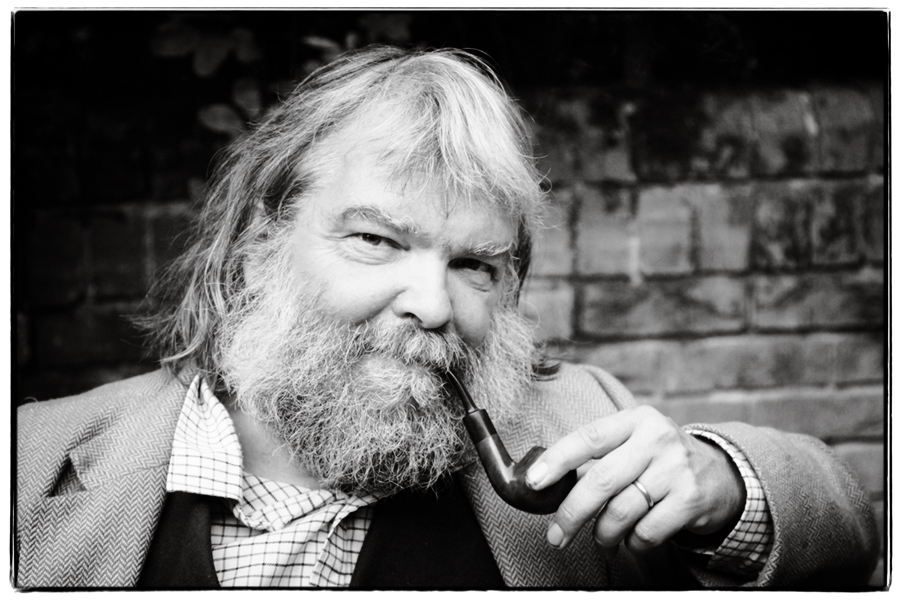
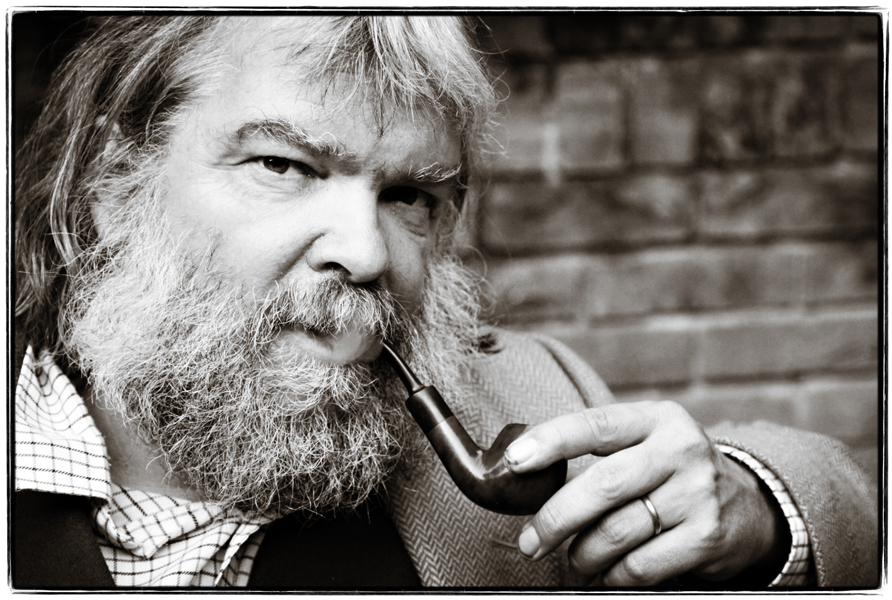
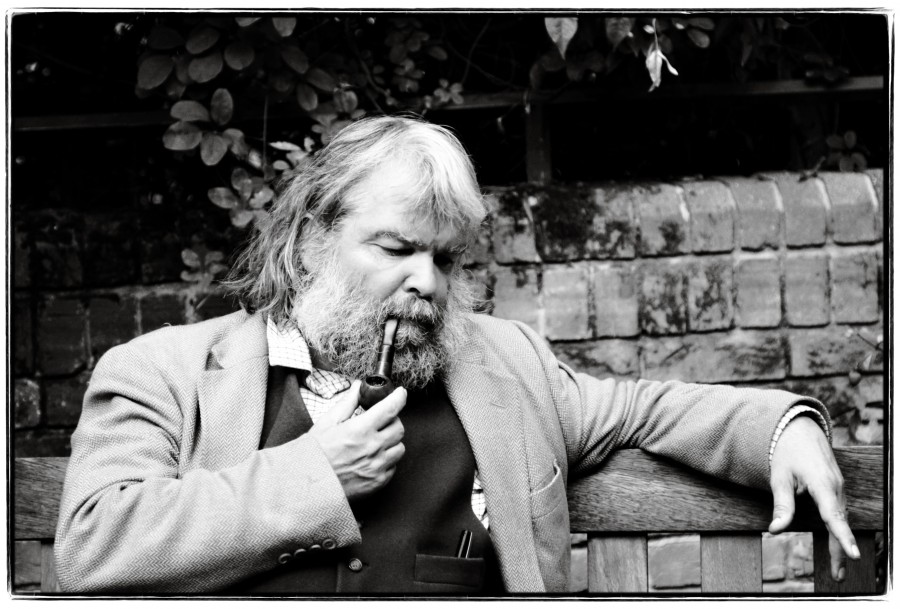
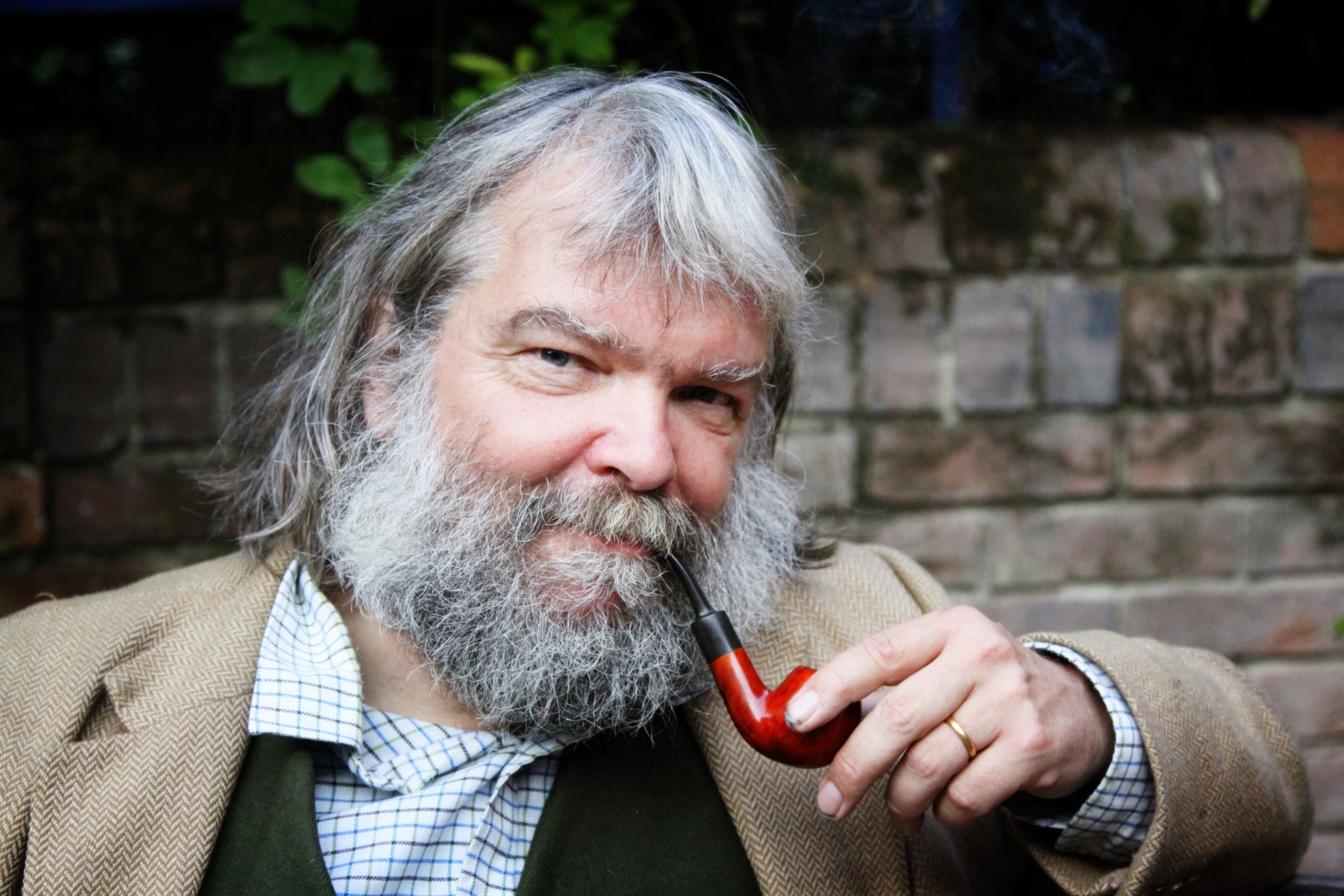
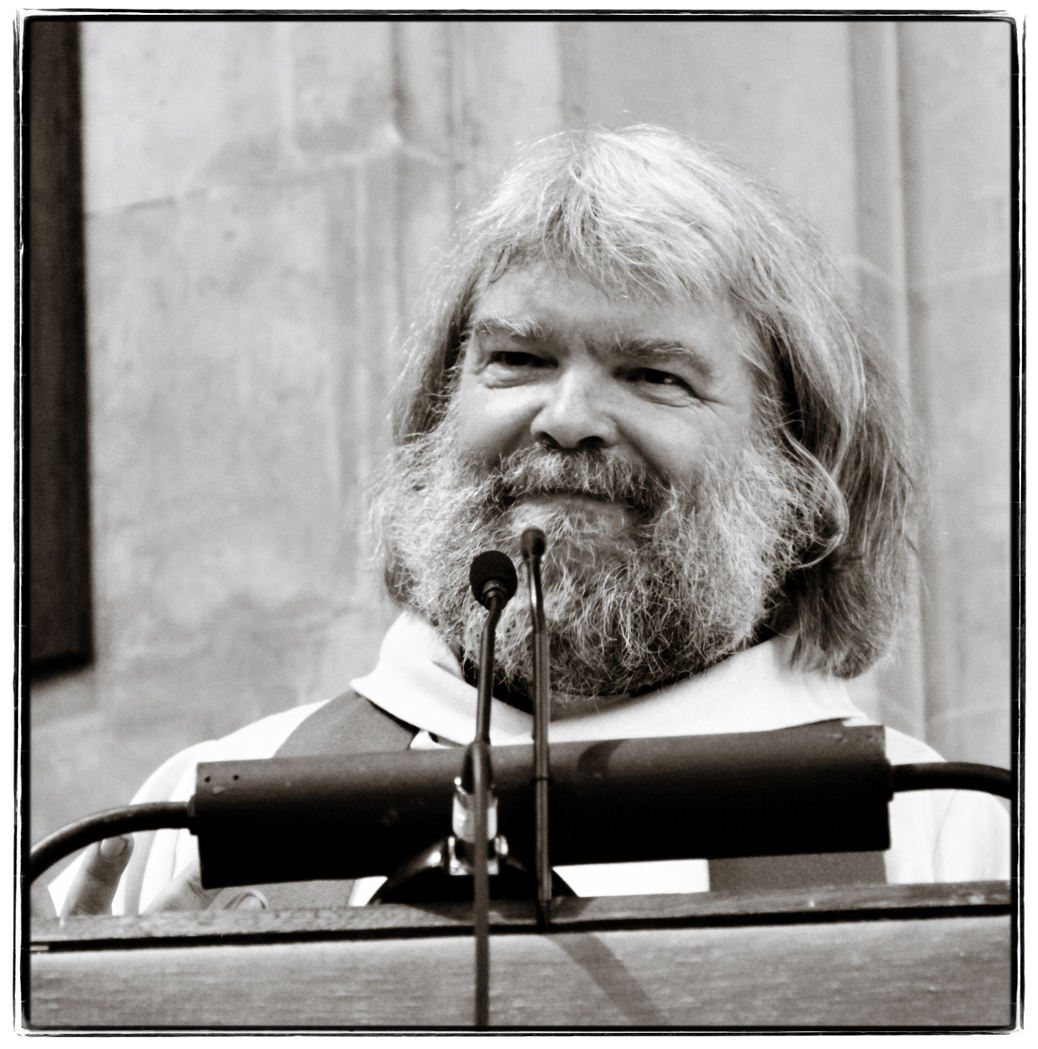
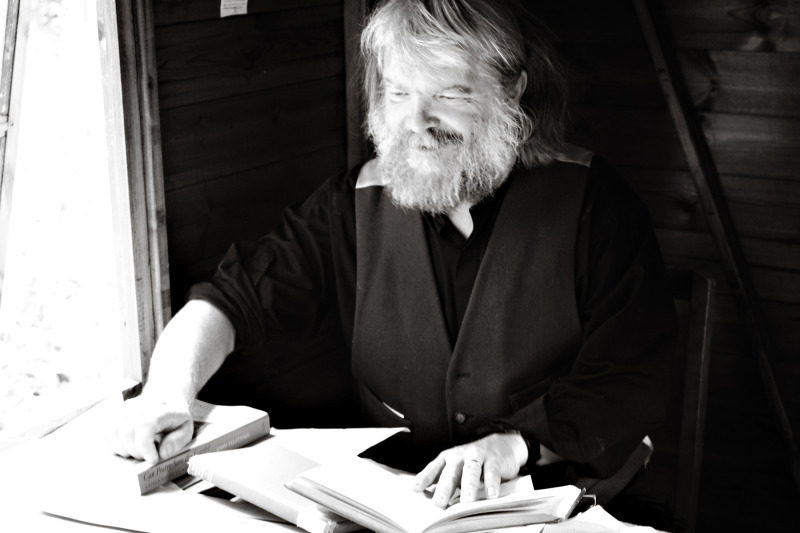
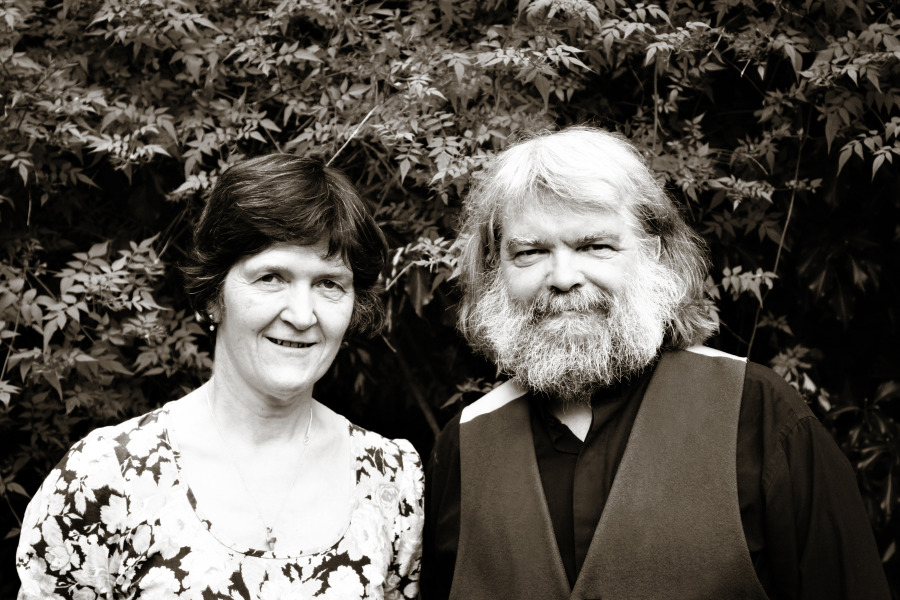
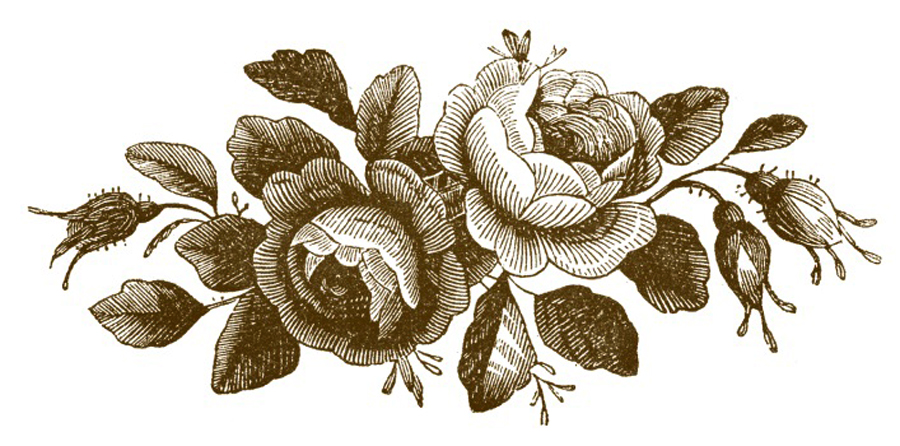
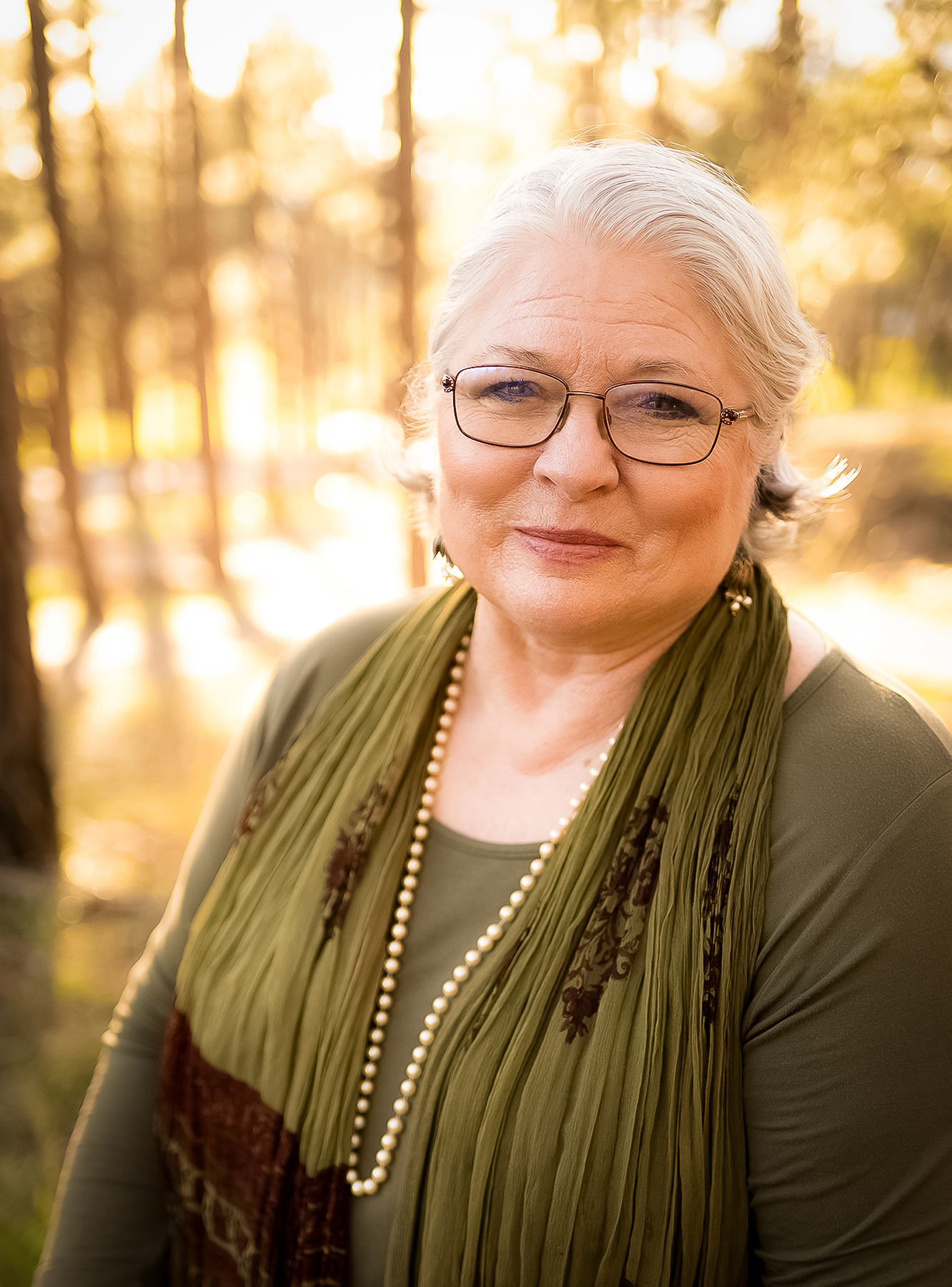
What a rich and beautiful article. I loved it start to finish. You have an extraordinary gift for asking fascinating and provocative questions. And Malcolm rises to the challenge with his responses. I am so inspired by what you are doing!
What a joy to learn about Malcolm in his own words! Lancia, your penetrating questions draw him out. To Malcolm: Thanks for the reminder of Keats and Shelley and the house (now museum) where Keats died. I was moved by that too and had not thought of it in years until you mentioned it. Although I was young and it was my first trip to Italy, I recall being impressed by the influence of English writers, and I resolved to learn more about them — perhaps my first step in that direction and one which has brought me great delight, including meeting you, Malcolm, last summer in England. Now I eagerly await Parts 2 and 3 of your interview.
I first heard of Malcolm through Apologetics 315 when someone did a review of his book: Faith Hope and Poetry. I really enjoy the work he is doing and have learned a lot from him. And I’m glad to finally hear a bit of his biography, and can’t wait to read the next two parts. Thanks for doing this.
Thank you, Carolyn. I am so glad you are enjoying the series! It is a joy and privilege to be able to share this.
Regina, thank you for your kind comments! I am honoured to have you reading it. 🙂
Thanks, Daniel. I am sure you’ll find Part 2 and 3 illuminating as only Malcolm can be. 🙂 It is such a great pleasure to be presenting these pieces with him.
[…] a marvelous series of interviews done by Lancia Smith (read Part 1, Part 2, and Part 3), Malcolm discusses a number of vitally important issues about imagination, […]
[…] a marvelous series of interviews done by Lancia Smith (read Part 1, Part 2, and Part 3), Malcolm discusses a number of vitally important issues about imagination, […]
Hi,am very glad you had a memory of your childhood in IbadaI,Nigeria,am proud of you acknowledging your Nigerian childhood. God bless you.
[…] here for the earlier interview series this year with Malcolm […]
[…] For an in-depth interview with Dr. Guite posted earlier, click here. […]
[…] and gratitude – Malcolm Guite. In commenting on an interview I had done earlier with Malcolm, Matthew told me he was working on a new album. Without any reservation I offered to review it. […]
[…] public role but I find it interesting that the word prophet would be used specifically for Lewis. Malcolm Guite, who contributed the chapter on Lewis as Poet to the Cambridge Companion to C.S. Lewis, did a […]
[…] 2012 Interview with Malcolm Guite – Part 1 […]
[…] gratitude – Malcolm Guite. In commenting on an interview I had done earlier with Malcolm, Matthew told me he was working on a new album. Without any reservation I offered to review it. […]
[…] tend to like ones named after dead guys most people don’t recognize. But in March, Malcolm Guite came and visited us and gave such a spirited and enthusiastic endorsement of our name that he […]
[…] You have mentioned in an earlier interview, Dr Guite, that your approach to at least some specific poets and their work, you interact with it […]
[…] poetry collections that you have authored, and you have even written a sonnet for him. In our original interview in 2012 you mentioned that Herbert was one of the influences that shaped your becoming Anglican and finding […]
[…] poetry collections that you have authored, and you have even written a sonnet for him. In our original interview in 2012 you mentioned that Herbert was one of the influences that shaped your becoming Anglican and finding […]